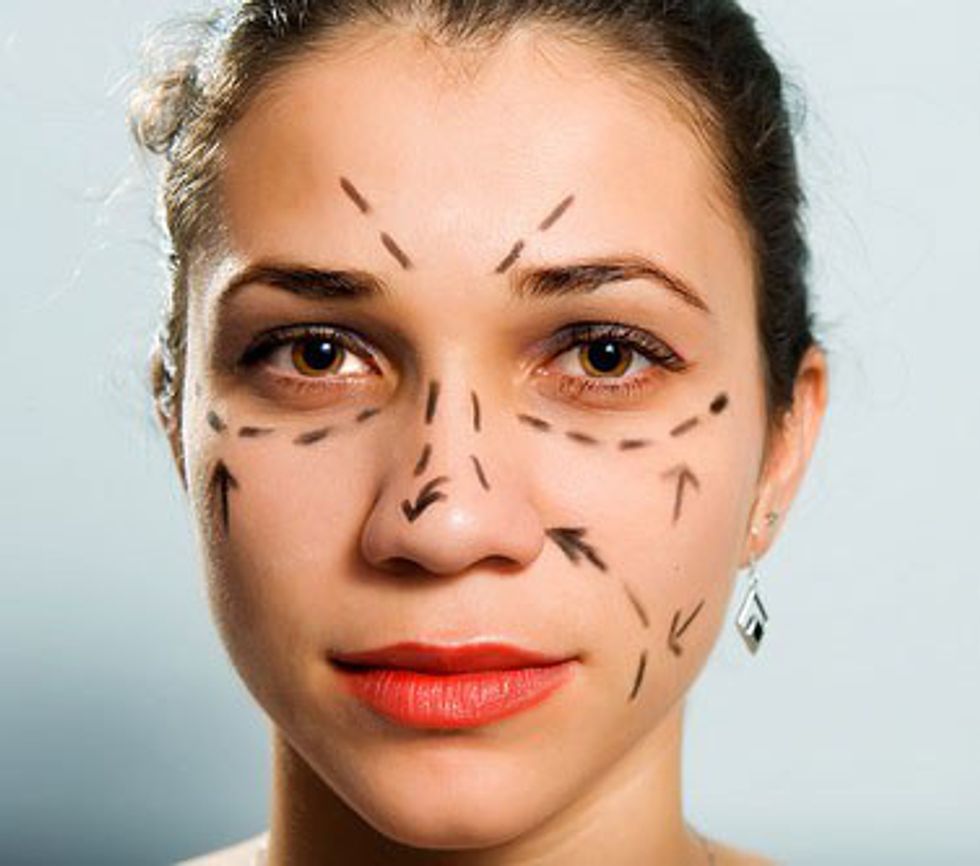I’ve been told numerous times, "You need to stop calling yourself fat because it makes me feel bad about myself." At first, I feel bad. I am the type of person who always wants to lift people up rather than bring them down. After some thought, however, I realize that isn’t a fair statement. How do others know how I feel?
Most people know the struggle of seeing their imperfections. Whether it’s not liking the way you look in a picture or being self-conscious about your weight, many people let their insecurities get the best of them sometimes. Now take those flaws and imagine your life was ruled by them; that’s what living with Body Dysmorphic Disorder is like.
Although only 1 percent of the U.S. population has BDD, it is a serious issue. Unlike the rest of the population, people with this disorder constantly obsess over their appearance. Common symptoms of BDD include small things such as avoiding mirrors and excessive exercise as well as things as drastic as seeking surgery.
Over 200,000 people are diagnosed with BDD every year. Although there is treatment, there is no definite cure. A person suffering from a disorder such as this one cannot be helped by being told to “just get over it.” I have watched many people be torn apart by BDD. Even I, myself, realize now that I have been a victim.
Over the past years I have been taken over by negative thoughts about how I will never be good enough. For years, I would look in the mirror and cry because I did not like the way I looked. Even more recently, I would exercise several times a day because it was the closest I could get to the person I wanted to look like. Although I still have those times, I have gotten much better.
Despite common misconception, people with BDD do not chose to let their flaws rule their lives. A small imperfection to someone could be causing difficulties in daily functioning for a person with BDD. Flaws are amplified in their eyes. After help, symptoms may lessen and life may become easier.
Although everyone struggles with being insecure, BDD is much more. This disorder can lead to other psychological and emotional problems such as depression. It is imperative that BDD is taken seriously and people showing signs should be helped.






















